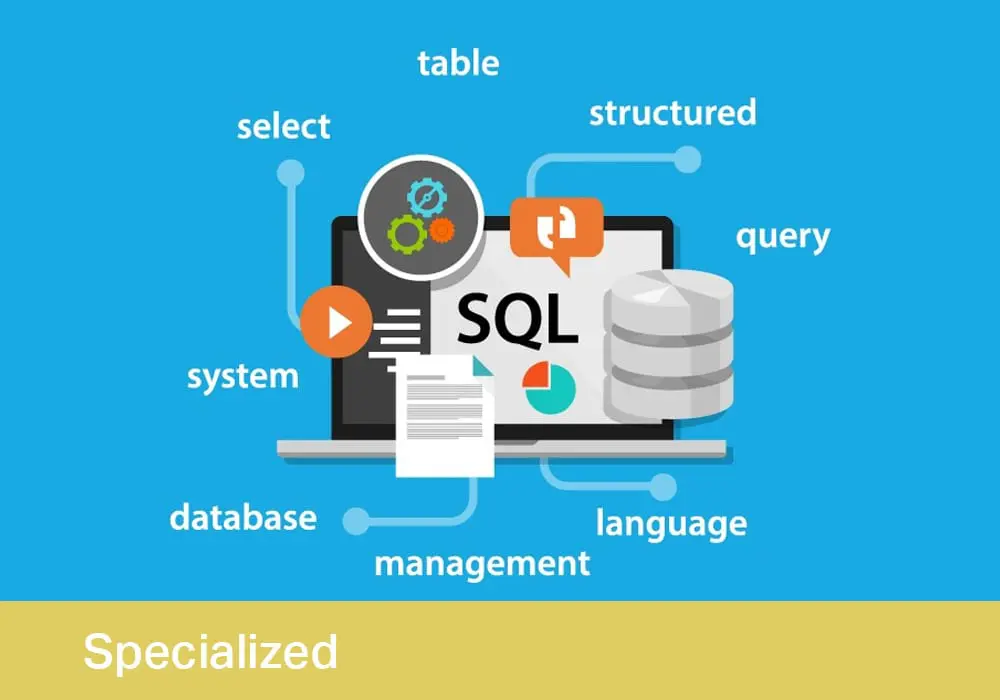În cadrul cursului Oracle Database 12c R2 – SQL Tuning for Developers Ed 2, centrat pe dezvoltarea aplicațiilor, participanții învață despre ajustarea instrucțiunilor SQL Oracle și cum să scrie instrucțiuni SQL eficiente, adecvate pentru baza de date Oracle.
Participații învață să interpreteze planurile de execuție și diferitele moduri în care datele pot fi accesate. Acestora li se arată cum să descifreze, să decidă și apoi să aplice tuning codului SQL. Sunt demonstrate diverse tehnici de tuning.
Acest curs va fi susținut de exerciții practice de laborator.
- Administrators
- Developers
- Data Warehouse Developers
- PL/SQL Developers
- Application Developers
- Developers
- Support Engineers
Participanții la acest curs vor învăța să:
• Utilizeze instrumentele Oracle pentru a identifica ineficiențele SQL.
• Utilizeze SQL tuning automat.
• Utilizeze monitorizarea SQL în timp real.
• Scrie instrucțiuni SQL mai eficiente.
• Monitorizeze și să urmărească instrucțiuni SQL de mare încărcare.
• Gestioneze statisticile optimizatorului pentru obiectele bazei de date.
• Înțeleagă pașii procesului de optimizare și operatorii.
• Interpreteze planurile de execuție.
• Efectueze urmărirea aplicațiilor.
• Modifice o instrucțiune SQL pentru a da cel mai bun randament
• Identifice SQL cu performanțe slabe
• Urmărească o aplicație prin diferitele niveluri de arhitectura ale aplicației
• Să înțeleagă modul în care optimizatorul de interogări ia decizii cu privire la modul de accesare a datelor
• Definească modul în care statisticile optimizatorului afectează performanța SQL
• Identifice metodele posibile de accesare a datelor, inclusiv diferite metode de asociere
- Familiarizarea cu arhitectura bazelor de date;
- Cunoștințe de SQL și PL/SQL.
Introduction
- Course Objectives, Course Agenda and Appendices Used in this Course
- Audience and Requirements
- Sample Schemas Used in the Course
- Class Account Information
- SQL Environments Available in the Course
- Workshops, Demo Scripts, and Code Example Scripts
- Appendices in the Course
Introduction to SQL Tuning
- SQL Tuning Session
- SQL Tuning Strategies
- Development Environments: Overview
- SQLTXPLAIN (SQLT) Diagnostic Tool
Using Application Tracing Tools
- Using the SQL Trace Facility: Overview
- Steps Needed Before Tracing
- Available Tracing Tools: Overview
- The trcsess Utility
- Formatting SQL Trace Files: Overview
Understanding Basic Tuning Techniques
- Developing Efficient SQL statement
- Scripts Used in This Lesson
- designer table
- Index Usage
- Transformed Index
- Data Type Mismatch
- NULL use
- Tune the ORDER BY Clause
Optimizer Fundamentals
- SQL Statement Representation
- SQL Statement Processing
- Why Do You Need an Optimizer?
- Components of the Optimizer
- Query Transformer
- Cost-Based Optimizer
- Adaptive Query Optimization
- Optimizer Features and Oracle Database Releases
Generating and Displaying Execution Plans
- Execution Plan?
- The EXPLAIN PLAN Command
- Plan Table
- AUTOTRACE
- V$SQL_PLAN View
- Automatic Workload Repository
- SQL Monitoring
- DBML_SQL_MONITOR
Interpreting Execution Plans and Enhancements
- Interpreting a Serial Execution Plan
- Adaptive Optimizations
- Optimizer: Table and Index Access Paths
- Row Source Operations
- Main Structures and Access Paths
- Full Table Scan
- Indexes
- Common Observations
Optimizer Join Operations
- Join Methods
- Join Types
Other Optimizer Operators
- SQL operators
- Other N-Array Operations
- Result Cache operators
Introduction to Optimizer Statistics Concepts
- Optimizer Statistics
- Types of Optimizer Statistics
- Gather and Manage Optimizer Statistics: Overview
Using Bind Variables
- Cursor Sharing and Different Literal Values
- Cursor Sharing and Bind Variables
SQL Plan Management
- Maintaining SQL Performance
- SQL Plan Management
Workshops
Nu există cursuri recomandate după finalizarea acestui curs.


